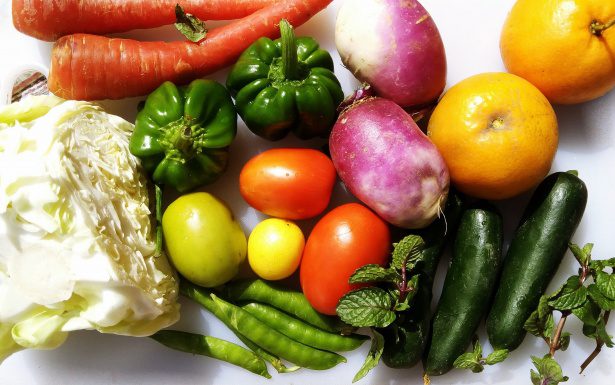
By Joy Portella —
The Minerva Strategies team talks a lot about food.
We talk about our chosen food lifestyles, which makes for lively conversation when you’ve got a vegan, a quasi-vegan, and a Mediterranean diet devotee who’s married to a Keto devotee. We talk about how food impacts everything from the planet to our social lives. As good communicators, we even talk about how we talk about food.
It shouldn’t be surprising that we’re fascinated by the latest study that our friends at the Institute for Health Metrics and Evaluation (IHME) have cooked up. The study, published earlier this month in The Lancet, is the most comprehensive analysis ever of the health effects of diet.
The study doesn’t paint a pretty picture. In 2017, poor diets were responsible for 10.9 million deaths globally – that’s 22% of all adult deaths. Poor diet is the number one cause of death in the world, outpacing other common killers like tobacco and high blood pressure. Diet contributed to nearly 9.5 million deaths from cardiovascular disease in 2017, 900,000+ cancer deaths, and 338,700 deaths from type 2 diabetes.
Many of us automatically think that a “poor diet” is riddled with too much unhealthy stuff like trans fats, sugary drinks, and processed meats. But that’s only half of the story. An equal – if not greater – problem is that people are not eating enough healthy foods like whole grains, fruits, nuts, and seeds. The IHME-led research consortium estimates that a full 50% of diet-related deaths are caused by the good things we’re not eating.
The solution might seem simple: eat more healthy food, which would inevitably cause us to cut out some of the unhealthy stuff. But as this NPR story points out, that’s not so easy. Economic and social barriers keep people from eating good foods. People who live in poverty disproportionately face a nourishment challenge.
Then there’s the structural obstacle of our food systems, which crank out too many starchy, sugary, and fatty foods. As this CNN article highlights, why would producers focus on whole grains when selling refined grains is so profitable?
In short, eating better is complicated because there are systemic forces at work. But if you have the option, I urge you to trade in those chips for an apple or some almonds. And next time you head to the store, think about how your food is grown, raised and made. That’s something even the vegans, keto-heads, and Medi diet lovers can agree on.
To learn more about IHME’s research, bite into the study yourself and be sure to check out this cool infographic.